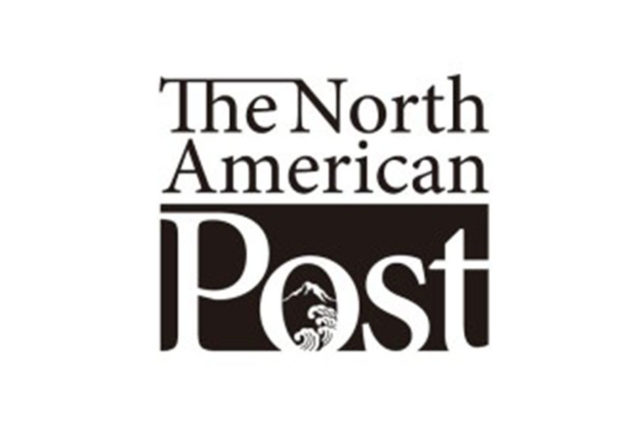By Shihou Sasaki
The North American Post
As local community organizations have been facing a generational transition, the Japanese cultural festival in Eastside may also move in the same direction. The Japan Fair 2016 committee has been working hard for the event’s success on Sept. 3 and 4 at Meydenbauer Center in Bellevue for their first year after taking over the community’s popular long-time tradition Aki Matsuri.
Upon Tom and Katsuko Brooke’s decision to step down from their 18-year leadership position in the Eastside Nihon Matsuri Association (ENMA) running Aki Matsuri, the community faced an issue whether Aki Matsuri should be conceded without any leadership.
Allen Nakamoto, the co-chair of Japan Fair 2016, said that the majority of the community still wants to have a cultural event in the fall. In February, Nakamoto and other community members stood up to present the cultural festival this year as an ENMA’s transition project to succeed the Aki Matsuri. Due to a shortage of time to prepare, the committee decided to select the Meydenbauer Center to minimize the risk regarding the venue setup and volunteer volume for the event.
The Japan Fair 2016 Committee held a press conference on June 13 at the Consulate-General of Japan in Seattle.
“When I learned Mr. and Mrs. Tom and Katsuko Brooke decided to step down, I was very grateful for their long term contributions,” Consul General Masahiro Omura said. “But at the same time, saddened their leaving and retiring, so I hoped for a strong leadership to takeover, and I am so please to know that the new leader group emerged.”
The Japan Fair 2016 will continue to feature the traditional arts and crafts of Japan as well as modern Japanese culture and local Japanese and Japanese American community organizations. In addition to the Aki Matsuri theme, the event added a new concept of “Market Place,” featuring business aspects from Japan including “Cool Japan” or modern culture and trends.
According to the committee, the center, which has a 36,000 square feet space, will reduce the rental cost if enough revenue comes from the event selling catered bento, other foods and drink from the Meydenbauer Center. The fair plans to sell 1,300 bento at $15 and 1,000 no-host beer and drinks to cover the rental discount. Pre-event orders will be discounted and taken through the fair website.
“We envision this as a community event,” Nakamoto said. “Everybody’s participation reduces the cost and allows the community to have the event showed off the uniqueness of the Nikkei society and our contribution to the Seattle community.”
According to the fair committee, over 20 groups signed up as exhibitors and an additional 20 are in consideration as of June 13. Nakamoto hopes to reach their goal of 80 exhibitors.
The basic rate of exhibition booths will be $50 for non-profit purpose and $150 for sale purposes from artists or non-profit organizations and $300 for companies. Extra fees will be charged upon equipment requests
Hiroshi Onaka, who is in charge of the Market Place, said that recent Japanese festivals tend to combine both cultural and business segments.
“We do hope that at both cultural and business trends or information at this exhibit, we try to expand, tie and bridge Japan, the United States and Seattle,” Onaka said.
The event will be held at 10 a.m. – 6 p.m. on Saturday and 10 a.m. – 5 p.m. on Sunday with free admission and parking.
The fair this year will be managed under the ENMA and seeks the future possibility of how this kind of event should be presented with the younger generations in mind.
“This is the first year,” said co-chair Yuka Shimizu. “Nobody knows, so we really need a lot of support for this event.”
More information can be found at www.japanfair.org.




